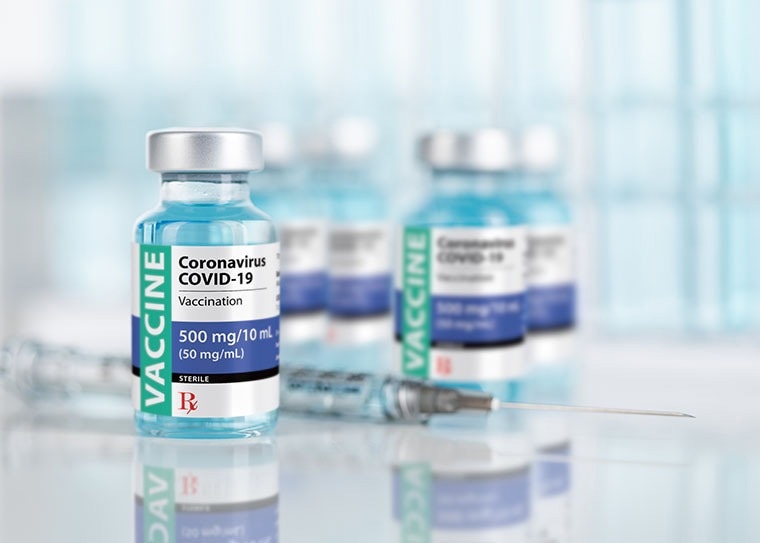Synthetic mRNA therapeutics for the treatment and prevention of disease has attracted a lot of interest due to the exceptional efficacy of mRNA vaccinations against SARS-CoV-2. However, certain fundamental scientific issues remain regarding the vaccines’ use of modified nucleotides and whether those modified nucleotides reliably generate the protein products for which they are intended.

Image Credit: Shutterstock.
The modified nucleotide N1-methylpseudouridine is included in the synthetic mRNAs used in the COVID-19 vaccines to increase stability and minimize unfavorable immunological reactions.
For the vaccine to function successfully, both characteristics are required. However, adding this unusual nucleotide raises the chance that the cellular machinery may incorrectly decode the genomic data that the mRNA encodes, which could result in translation errors that have unintended consequences later on.
It turns out not to be a problem. According to a recent study from Washington University in St. Louis, the COVID-19 mRNA vaccines’ N1-methylpseudouridine is correctly translated. Researchers in the lab of Arts & Sciences assistant professor of biology Hani Zaher led the study, which was published in Cell Reports.
Cellular mRNAs don’t typically have N1-methylpseudouridine. We found that the presence of N1-methylpseudouridine in mRNAs doesn’t seem to lead to increases in the number of mistakes during translation. If that’s the case, then we can continue to use them in therapeutics and we won’t have to worry as much about them making the wrong protein.”
Kyusik Kim, Study First Author and Graduate Student, Molecular Cell Biology Program, Washington University in St. Louis
The ribosome performs the task of translating the genetic code into usable protein throughout all facets of life. The work of the Zaher lab contributes to the knowledge of the processes that control translational fidelity on the ribosome and how these mechanisms affect cellular fitness.
In this study, the Zaher lab researchers investigated the impact of N1-methylpseudouridine on translation using a variety of experimental setups. They discovered that the ribosome can read N1-methylpseudouridine with accuracy. Additionally, they discovered that N1-methylpseudouridine-containing mRNAs did not seem to produce miscoded proteins more frequently than mRNAs that included unaltered nucleotides.
There’s been a huge explosion in interest in the use of therapeutic mRNAs for many different diseases. This paper adds more confidence that therapeutic mRNAs aren’t going to make proteins they weren’t intended to make.”
Kyusik Kim, Study First Author and Graduate Student, Molecular Cell Biology Program, Washington University in St. Louis
Source:
Journal reference:
Kim, K. Q., et al. (2022) N1-methylpseudouridine found within COVID-19 mRNA vaccines produces faithful protein products. Cell Reports. doi.org/10.1016/j.celrep.2022.111300.